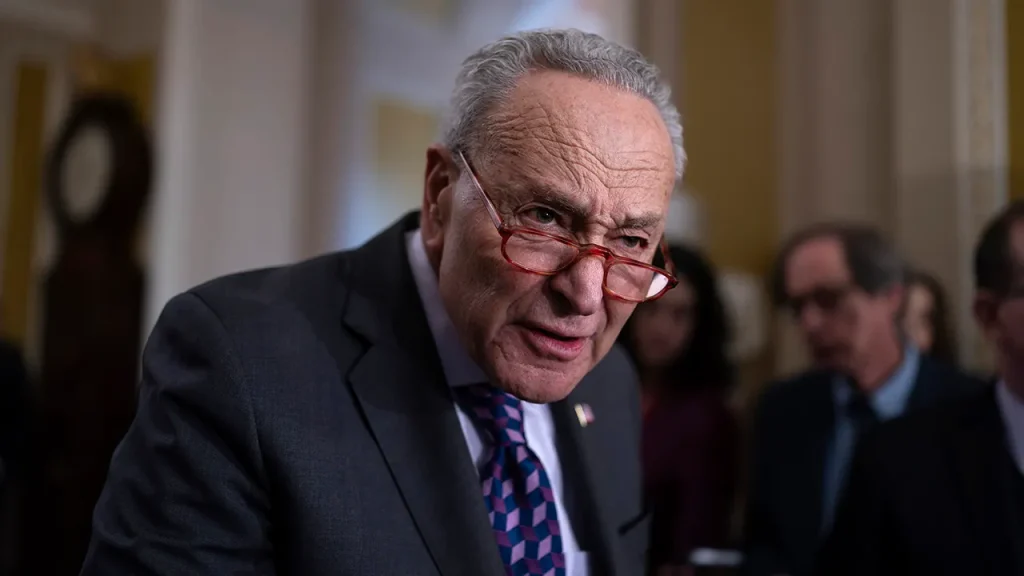Democratic lawmakers are facing criticism from Republican experts for opposing legislation that targets TikTok, a popular social media app, due to fears of upsetting and losing young voters. The House of Representatives recently passed a bill requiring TikTok to separate from Chinese Communist Party control within a specified timeframe, or face a ban in the U.S. Critics have raised concerns about TikTok being a national security threat, allowing the Chinese government to access sensitive user data. Democrats who oppose the bill are accused of prioritizing voter demographics over national security concerns.
Former Vice President Mike Pence and other Republicans argue that Democrats are putting their own political interests ahead of protecting the data of Americans by opposing the legislation targeting TikTok. They accuse Democrats of abandoning national security and supporting the Chinese Communist Party in order to avoid angering young voters, a crucial demographic. Some Democratic politicians are seen as acting hypocritically by touting national security while voting against measures to disentangle TikTok from the CCP.
Progressive lawmakers such as Reps. Alexandria Ocasio-Cortez, Jamaal Bowman, and Ayanna Pressley opposed the House bill targeting TikTok, alongside some Republicans, totaling 50 Democrats and 15 Republicans against the legislation. Critics view this as Democrats caving to the progressive wing of the party at the expense of what is best for the country. They highlight the inconsistency in Democratic leaders like Chuck Schumer, who previously called for TikTok to divest from CCP but now hesitates to support the bipartisan bill.
The bill targeting TikTok could potentially put President Biden in a difficult position, especially after his re-election campaign joined TikTok in an effort to appeal to young voters. The House legislation received strong bipartisan support, and President Biden has indicated that he would sign the bill if it reached his desk. Organizations like State Armor Action have launched campaigns to raise awareness about the dangers of TikTok and advocate for meaningful action to safeguard national security by divesting ownership to an American company.
Despite resistance from TikTok and some Democrats, a majority of Americans support the House plan to ban TikTok if it does not divest from Chinese control, according to a Quinnipiac University poll. While younger Americans are more likely to support TikTok, many Republicans have raised concerns about data security and avoided using the platform. An analysis found that several members of Congress have TikTok accounts, with a significant number having backgrounds in areas related to foreign affairs, the military, investigations, and national security.
The debate over TikTok reflects larger concerns about national security, data privacy, and political considerations. While there is bipartisan support for measures to address potential threats from Chinese-owned apps like TikTok, the issue has become politicized with Democrats accused of prioritizing political interests over national security. The outcome of this legislation will not only impact TikTok but also set a precedent for how the U.S. government addresses similar threats in the future, balancing economic interests, data security, and public opinion.


